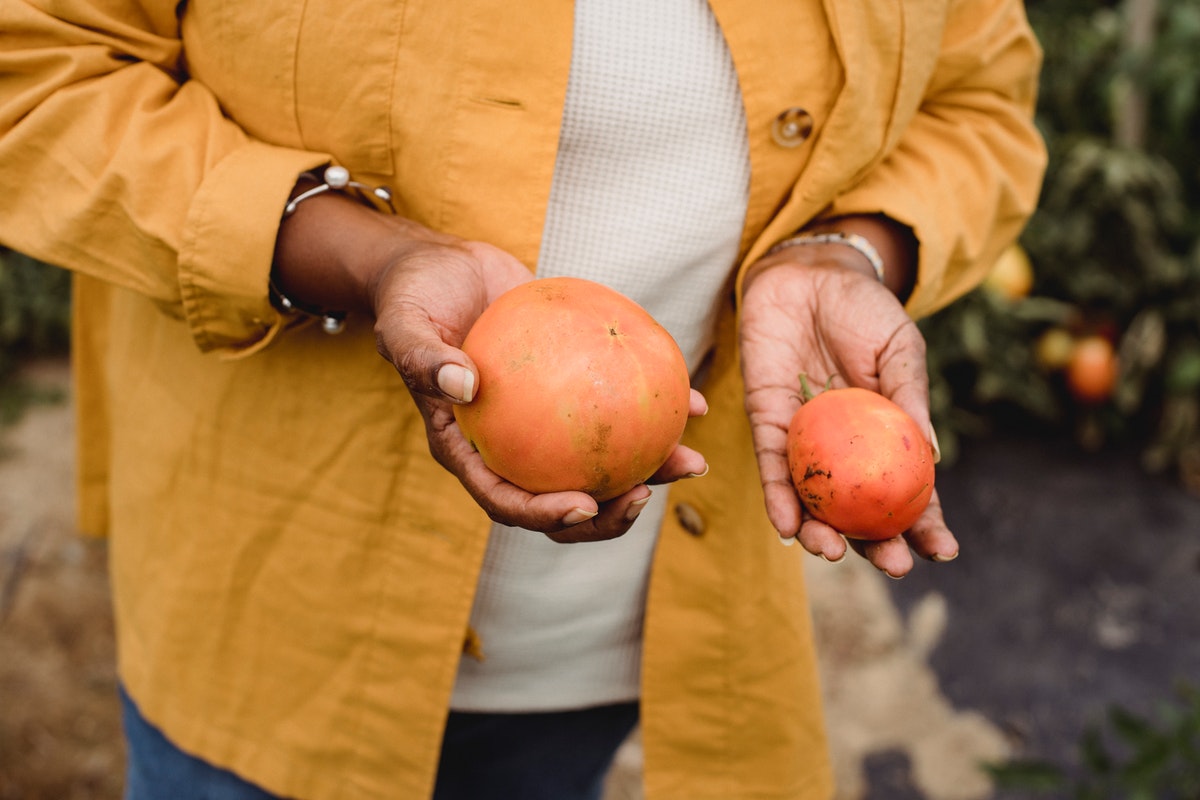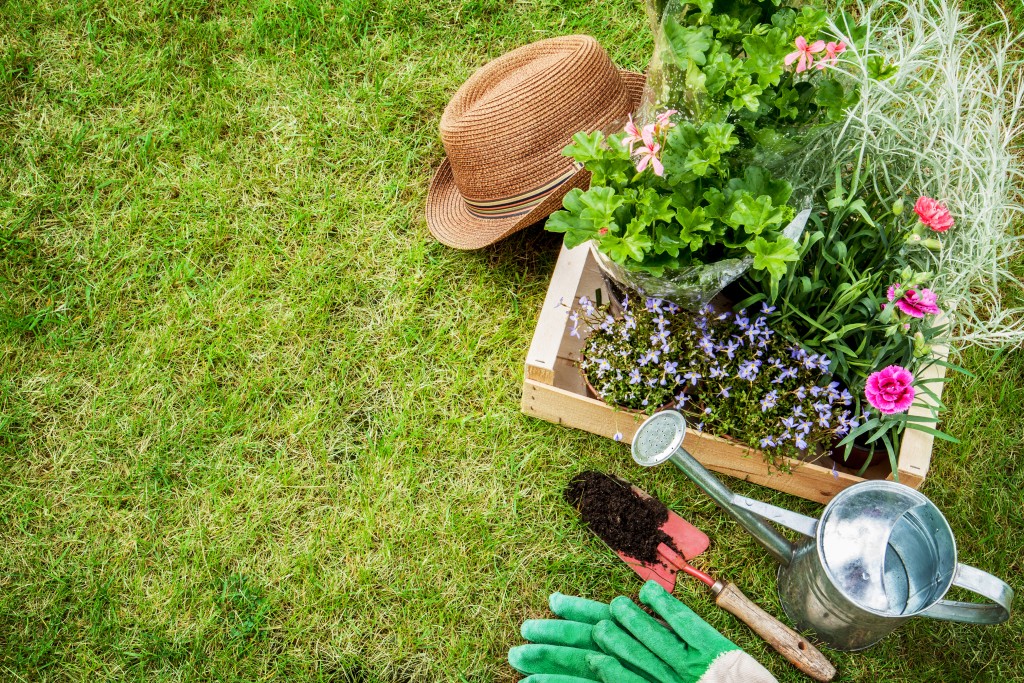Scientific research shows that gardening can be a form of therapy for a wide variety of problems. Horticultural therapy is being used in residential programs for people with a history of substance abuse. It can also be useful to those transitioning to life outside after coming from addiction recovery centers.
If gardening is beneficial to those with serious addictions, it can also have a therapeutic value for people experiencing extreme stress during the pandemic. A recent survey by the American Psychological Association (APA) showed that the majority of Americans are feeling anxiety, sadness, and anger associated with prolonged and elevated stress in the pandemic.
The APA recommends that people practice self-care for 15-to-30-minute periods distributed throughout the day. Gardening is a good self-care activity that you can incorporate into your day.
Physical and Mental Benefits
Physical activity is a requirement for good health. The Centers for Disease Control and Prevention (CDC) recommends a minimum of two and a half hours of moderate-intensity aerobic exercise a week accompanied by muscle-strengthening exercises twice a week. The CDC considers garden work as moderate to high physical activity, so you can include it in meeting your exercise goals. The chances are high that you will even exceed your goals because you are enjoying the activity.
Gardening is a good way to start having regular physical activity if you come from a sedentary lifestyle. Regular physical activity will help you avoid the major chronic diseases that are the primary causes of death.
Studies show that being amid nature gives a feeling of tranquility that promotes recovery from mental fatigue and stress. Looking at plants reduces fear and anger, lowers blood pressure, and eases muscle tension. Data shows that having a ten percent increase in greenery nearby lowers a person’s health complaints to a level equal to a five-year reduction in age. Lowering stress levels boosts the immune system and leads to quicker recovery from illness and injury. This is a perfect example of the interconnection between the mind and the body.
Tending to plants daily is relaxing and can be a form of meditation as you focus your attention and work with mindfulness. Nurturing plants gives you a sense of purpose, and seeing them grow and thrive brings a sense of satisfaction and fulfillment.
Gardening also brings you outdoors, where you can breathe in the fresh air and bask in the sun. Your body needs sunlight to produce vitamin D naturally, and you need this during the pandemic because vitamin D deficiency can lead to more severe outcomes in case of Covid-19 infection.
Nutritional Benefits

A good diet consists of a large volume of fresh vegetables and fruits, and it is even more important to keep your immune system strong during the pandemic.
You can grow vegetables, herbs, and fruits organically in your garden and enjoy your harvest while saving money. Some people even find themselves with so much produce on their hands that they organize exchanges with fellow gardeners in the neighborhood.
You can put your kitchen scraps to good use as natural fertilizers. You can learn to make your own composting system so that your homegrown food is free from chemicals.
Aesthetic benefits
A garden always enhances the look of a home. If you own your property, it will also increase its market value. You can make your garden of herbs, vegetables, and fruits aesthetically pleasing. You can also add a combination of decorative plants to your garden. You do not need to have a large property to enjoy the benefits of gardening. Even if you live in a condominium unit, you can transform your tiny balcony into a garden.
If you do not even have a balcony, you can still bring indoor plants into your living space. You must do this even if you have a garden outside because plants detoxify indoor air and raise oxygen levels inside the house. Put plants in the living room, bedrooms, kitchen, and even the bathroom, and you will find yourself with better mental clarity.
There are hydroponic systems that you can use in small spaces to grow vegetables and fruits. These use water and nutrients and do not even need soil. They are well-designed, as well, and can be part of your décor.
Nurture Yourself as You Nurture Your Plants
When you tend to your plants, you are also tending to your own mental, emotional, and physical wellbeing. You do not need to have a green thumb; anyone can be a successful gardener because some plants hardly need maintenance. You need to make the right choices and then incorporate them into your lifestyle.
Watch yourself thrive as your plants thrive. No matter the size of your garden, you will earn the same holistic benefits.

